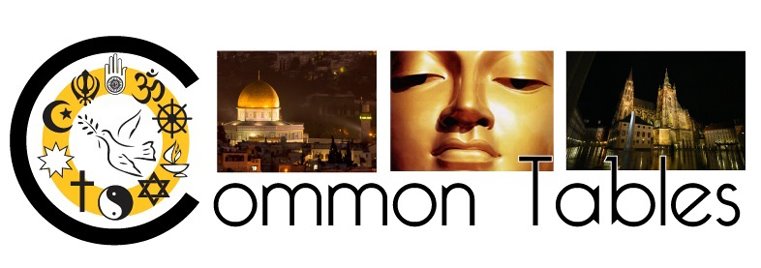This article is a few years old, but it brings up some valuable points! We felt it worth reposting here:
Debate vs. dialogue: Times call for knowing the differenceFriday, September 17, 2004
The Business Journal of the Greater Triad Area - by Jan Peeples The Business Journal Serving the Greater Triad AreaThe political season is upon us and the debate has begun. Rarely in our history have battle lines been so clearly drawn and the public so polarized by differing political views.
In businesses across the country, water-cooler conversations that begin as informal banter about current events turn quickly into hotly contested political debates, sometimes ending in misunderstanding and damaged relations. Passions of the political season demonstrate the ongoing struggle within organizations to deal constructively with diverse values and points of view.
Companies that invest heavily in developing and nurturing teamwork know that different perspectives are assets, but only when team members understand the difference between dialogue and debate.
Dialogue requires that participants suspend their own assumptions so they can truly hear thoughts expressed by others. The reward of dialogue is allowing everyone to articulate personal perspectives and be heard, not judged.
By contrast, debate requires that one person try to convince another of a particular position. Mutual learning is not a goal.
Why does debate come so naturally to us while dialogue seems to be a learned skill?
If you think back to the water-cooler scene described above, informal banter becomes debate when someone's value system is threatened. Then defenses are raised and counterpunches fly.
Because political positions are so closely tied to our personal histories, we bring a set of beliefs into the conversation that are an important part of our identities. If our opinions are invalidated, so are we.
This scene is played out in many business settings, even when the conversation is not about highly charged matters of national politics.
Organizational direction, personal power and accountability are subtexts for many business discussions, whether stated or not. Without a trusting environment for dialogue, every discussion has the potential to end in debate.
Preoccupation with making a point, as opposed to hearing other points of view, can be dangerous. Examine recent well-publicized corporate failures. Among the causes were an inability or unwillingness to hear other points of view.
Enron Corp., Tyco Inc. and WorldCom Inc. all had one thing in common -- a corporate culture that discouraged dialogue. Greed and spin at the top went unchallenged, with no capacity for learning.
Voices that offered warning were squelched. The outcomes speak for themselves.
The best recent example of a national dialogue is the work of the 9/11 Commission. Although partisan affiliations were clear in public forums, behind the scenes the committee was committed to inquiry and dialogue for the purpose of learning together and reaching a consensus on recommendations.
Regardless of how one feels about the published report, the process itself is noteworthy.
Perhaps this political season will focus our attention on the importance of a national dialogue rather than a national debate.
Furthermore, let's hope it reminds us that organizational cultures that encourage dialogue will reap the benefits of employees' best thinking and collaborative workplaces that contribute to our nation's innovation and productivity.


